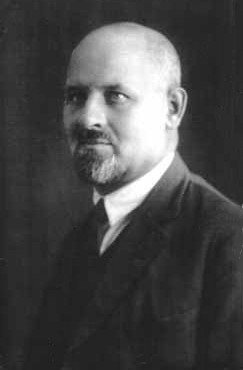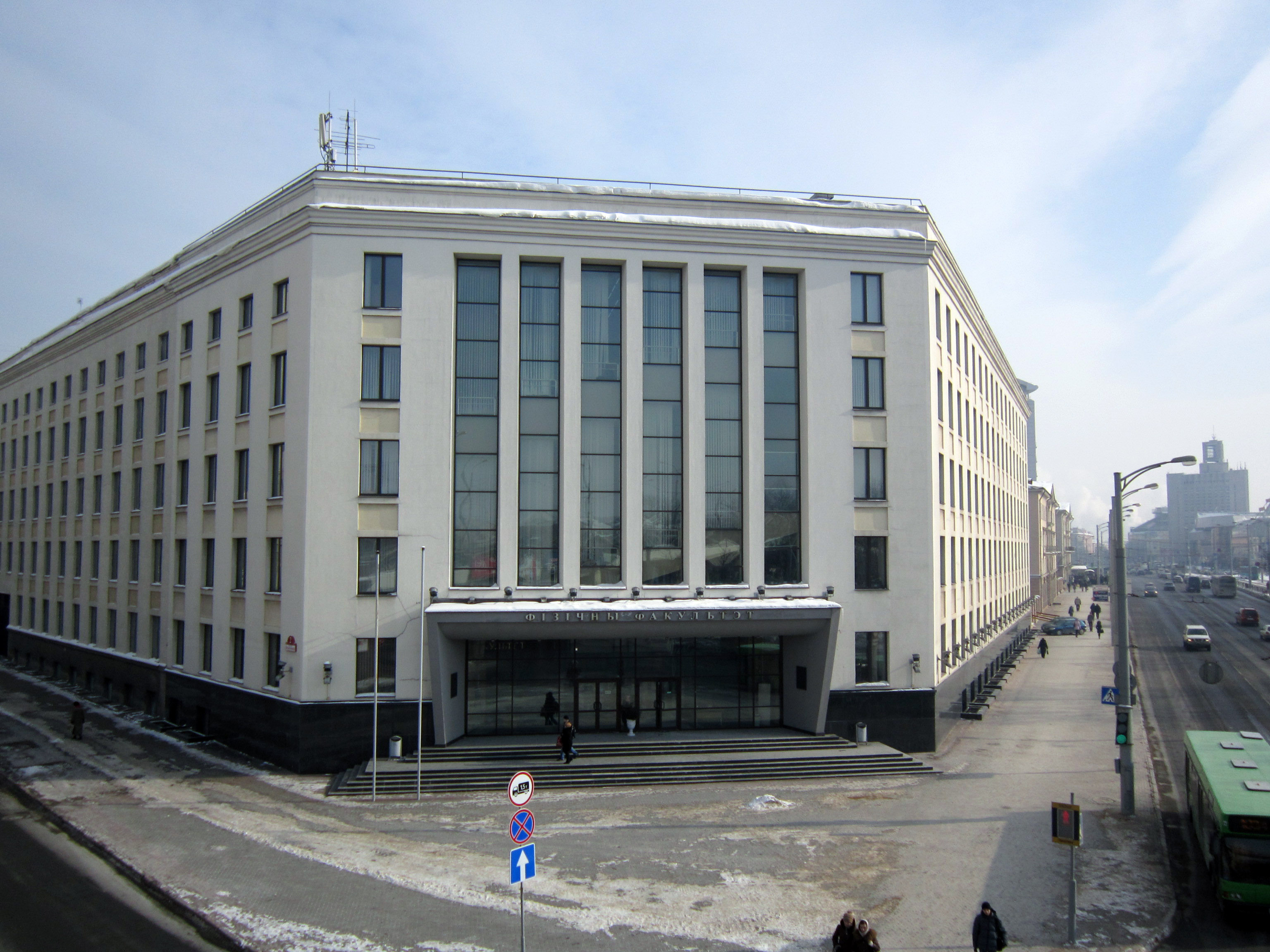|
Jazep Losik
Jazep Losik (also known as Jazep (Yazep) Liosik; ; 18 November 1884 – 1 April 1940) was a Belarusian academic, leading figure of the independence movement and a victim of Stalin's purges. Early years Losik was born into a large farming family in the village of Mikalajeŭščyna, Minsk province of the Russian Empire (nowadays Stoŭbcy district, Minsk region of Belarus). His parents were tenants on land belonging to the Radziwill family. He was an uncle of Belarusian poet and writer Jakub Kolas.Арлоў, Уладзімер (2020). ІМЁНЫ СВАБОДЫ (Бібліятэка Свабоды. ХХІ стагодзьдзе.)' 'Uładzimir Arłou. The Names of Freedom (The Library of Freedom. ХХІ century.)''">Uładzimir_Arłou.html" ;"title="'Uładzimir Arłou">'Uładzimir Arłou. The Names of Freedom (The Library of Freedom. ХХІ century.)''(PDF) (in Belarusian) (4-е выд., дап. ed.). Радыё Свабодная Эўропа / Радыё Свабода - Ra ... [...More Info...] [...Related Items...] OR: [Wikipedia] [Google] [Baidu] |
Stowbtsy District
Stowbtsy District ( be, Стаўбцоўскі раён; russian: Столбцовский район) is a second-level administrative subdivision (raion) of Belarus in the Minsk Region. Notable residents Jazep Losik (1884, Mikalajeŭščyna village - 1940), Belarusian academic, leading figure of the independence movement and a victim of Stalin’s purges (in Belarusian) References {{Coord, 53, 29, N, 26, 44, E, type:adm2nd_source:kolossus-itwiki, display=title Stowbtsy District, Districts of Minsk Region ...[...More Info...] [...Related Items...] OR: [Wikipedia] [Google] [Baidu] |
Belarusian Socialist Assembly
The Belarusian Socialist Assembly, BSA ( be, Беларуская сацыялістычная грамада, translit=Bielaruskaja sacyjalistyčnaja hramada, BSH) was a revolutionary party in the Belarusian territory of the Russian Empire. It was established in 1902 as the Belarusian Revolutionary Party, renamed in 1903.''Belarus: A Denationalized Nation'', by David R. Marples (1999) , p. 3, 4. The BSA had branches in Minsk, Vilnius and Saint Petersburg. After the February Revolution in Russia, the political activity in Belarus increased, and in summer of 1917 the BSA gave rise to the Communist Party of Byelorussia and the Belarusian Social Democratic Party. On March 19, 1918, on the initiative of the BSA, the Rada of the Belarusian Democratic Republic became a temporary, short-lived parliament in the Belarusian Democratic Republic. Most of the BNR Council were members of the BSA. Russian Bolsheviks had a negative attitude towards the BSA. Vladimir Lenin described BSA as a "na ... [...More Info...] [...Related Items...] OR: [Wikipedia] [Google] [Baidu] |
1884 Births
Events January–March * January 4 – The Fabian Society is founded in London. * January 5 – Gilbert and Sullivan's ''Princess Ida'' premières at the Savoy Theatre, London. * January 18 – Dr. William Price attempts to cremate his dead baby son, Iesu Grist, in Wales. Later tried and acquitted on the grounds that cremation is not contrary to English law, he is thus able to carry out the ceremony (the first in the United Kingdom in modern times) on March 14, setting a legal precedent. * February 1 – ''A New English Dictionary on historical principles, part 1'' (edited by James A. H. Murray), the first fascicle of what will become ''The Oxford English Dictionary'', is published in England. * February 5 – Derby County Football Club is founded in England. * March 13 – The siege of Khartoum, Sudan, begins (ends on January 26, 1885). * March 28 – Prince Leopold, the youngest son and the eighth child of Queen Victoria and Pr ... [...More Info...] [...Related Items...] OR: [Wikipedia] [Google] [Baidu] |
Perestroika
''Perestroika'' (; russian: links=no, перестройка, p=pʲɪrʲɪˈstrojkə, a=ru-perestroika.ogg) was a political movement for reform within the Communist Party of the Soviet Union (CPSU) during the late 1980s widely associated with CPSU general secretary Mikhail Gorbachev and his glasnost (meaning "openness") policy reform. The literal meaning of perestroika is "reconstruction", referring to the restructuring of the Soviet political and economic system, in an attempt to end the Era of Stagnation. Perestroika allowed more independent actions from various ministries and introduced many market-like reforms. The alleged goal of perestroika, however, was not to end the command economy but rather to make socialism work more efficiently to better meet the needs of Soviet citizens by adopting elements of liberal economics. The process of implementing perestroika added to existing shortages, and created political, social, and economic tensions within the Soviet Union. Fu ... [...More Info...] [...Related Items...] OR: [Wikipedia] [Google] [Baidu] |
Khrushchev Thaw
The Khrushchev Thaw ( rus, хрущёвская о́ттепель, r=khrushchovskaya ottepel, p=xrʊˈɕːɵfskəjə ˈotʲ:ɪpʲɪlʲ or simply ''ottepel'')William Taubman, Khrushchev: The Man and His Era, London: Free Press, 2004 is the period from the mid-1950s to the mid-1960s when Political repression in the Soviet Union, repression and Censorship in the Soviet Union, censorship in the Soviet Union were relaxed due to Nikita Khrushchev's policies of de-Stalinization and peaceful coexistence with other nations. The term was coined after Ilya Ehrenburg's 1954 novel ''The Thaw (Ehrenburg novel), The Thaw ''("Оттепель"), sensational for its time. The Thaw became possible after the Death and state funeral of Joseph Stalin, death of Joseph Stalin in 1953. General Secretary of the Communist Party of the Soviet Union, First Secretary Khrushchev denounced former General Secretary Stalin in the On the Cult of Personality and Its Consequences, "Secret Speech" at the 20th Congres ... [...More Info...] [...Related Items...] OR: [Wikipedia] [Google] [Baidu] |
Gulag
The Gulag, an acronym for , , "chief administration of the camps". The original name given to the system of camps controlled by the GPU was the Main Administration of Corrective Labor Camps (, )., name=, group= was the government agency in charge of the Soviet network of forced labour camps which were set up by order of Vladimir Lenin, reaching its peak during Joseph Stalin's rule from the 1930s to the early 1950s. English-language speakers also use the word ''gulag'' in reference to each of the forced-labor camps that existed in the Soviet Union, including the camps that existed in the post-Lenin era. The Gulag is recognized as a major instrument of political repression in the Soviet Union. The camps housed a wide range of convicts, from petty criminals to political prisoners, a large number of whom were convicted by simplified procedures, such as NKVD troikas or other instruments of extrajudicial punishment. In 1918–22, the agency was administered by the Cheka, follow ... [...More Info...] [...Related Items...] OR: [Wikipedia] [Google] [Baidu] |
Saratov Oblast
Saratov Oblast (russian: Сара́товская о́бласть, ''Saratovskaya oblast'') is a federal subjects of Russia, federal subject of Russia (an oblast), located in the Volga Federal District. Its administrative center is the types of inhabited localities in Russia, city of Saratov. As of the Russian Census (2010), 2010 Census, its population was 2,521,892. Geography The oblast is located in the southeast of European Russia, in the northern part of the Lower Volga region. From west to east its territory stretches for , and from north to south for . The highest point of Saratov Oblast is an unnamed hill of the Khvalynsk Mountains reaching above sea level. The oblast borders on: * Volgograd Oblast to the south * Voronezh Oblast, Voronezh and Tambov Oblast, Tambov oblasts to the west * Penza Oblast, Penza, Samara Oblast, Samara and Ulyanovsk Oblast, Ulyanovsk oblasts to the north; * Kazakhstan (West Kazakhstan Region) to the east Natural resources Of particular ag ... [...More Info...] [...Related Items...] OR: [Wikipedia] [Google] [Baidu] |
Case Of The Union Of Liberation Of Belarus
The Case of the Union of Liberation of Belarus was a political and criminal case initiated by the GPU of the Byelorussian Soviet Socialist Republic against several Belarusian scientists and culture activists. The case formed part of a wave of Soviet repressions in Belarus in 1929 - 1931. The GPU accused the victims of membership in a (presumably non-existent) anti-Soviet organization called the ''Union of Liberation of Belarus'' ( be, Саюз вызвалення Беларусі). Most of the accused were killed, or expelled to far-away regions of the USSR. The case started with the arrest of the editor Piotar Iljučonak on February 17, 1930. During the spring and summer of 1930 108 people were arrested. At the beginning the GPU saw Vaclaw Lastowski (former prime minister of the Belarusian People's Republic), Alaksandar Ćvikievič and Arkadź Smolič (former agriculture minister of the Belarusian People's Republic), as leaders of the organization. Later Alaksandar Adamov ... [...More Info...] [...Related Items...] OR: [Wikipedia] [Google] [Baidu] |
National Academy Of Sciences Of Belarus
The National Academy of Sciences of Belarus (NASB) ( be, Нацыянальная акадэмія навук Беларусі, russian: Национальная академия наук Беларуси, НАН Беларуси, НАНБ) is the national academy of Belarus. History Inbelkult - predecessor to the Academy The Academy has its origins in the Institute of Belarusian Culture (Inbelkult), a Belarusian academic and research institution founded on 30 January 1922. In the early 1920s, a key policy of newly established Soviet Belarus was the advancement of science, aimed at accelerating the technological, economic and social development of the republic and resolving a broad range of regional issues. The idea of creating a Belarusian academic and research institution was discussed during 1920 - 1921 and by November 1921, a commission consisting of academicians Yefim Karsky, Jazep Dyla and Ściapan Niekraševič prepared a founding charter of Inbelkult. Pursuant ... [...More Info...] [...Related Items...] OR: [Wikipedia] [Google] [Baidu] |
Belarusian State University
Belarusian State University (BSU) ( be, links=no, Белару́скі дзяржа́ўны ўніверсітэ́т, ; russian: links=no, Белору́сский госуда́рственный университе́т) is a university in Minsk, Belarus. It was founded on October 30, 1921. In 2021 it was ranked the #1,201 university in the world in the ''THE World University Rankings'' by ''Times Higher Education'', #1,606 by Nature Index - Top Academic Institutions, and #1,784 in the URAP World Ranking - University Ranking by Academic Performance. History 1919-49; early years On February 25, 1919, the Central Executive Committee of the Belorussian SSR resolved to establish the first national university in Belarus. However, the occupation of Minsk by the Polish army delayed these plans, and the university's opening was set back to October 30, 1921. Initially, the university comprised three faculties (Workers, Medicine, and Humanities) that enrolled a total of 1,390 students. T ... [...More Info...] [...Related Items...] OR: [Wikipedia] [Google] [Baidu] |
Bolsheviks
The Bolsheviks (russian: Большевики́, from большинство́ ''bol'shinstvó'', 'majority'),; derived from ''bol'shinstvó'' (большинство́), "majority", literally meaning "one of the majority". also known in English as the Bolshevists,. It signifies both Bolsheviks and adherents of Bolshevik policies. were a far-left, revolutionary Marxist faction founded by Vladimir Lenin that split with the Mensheviks from the Marxist Russian Social Democratic Labour Party (RSDLP), a revolutionary socialist political party formed in 1898, at its Second Party Congress in 1903. After forming their own party in 1912, the Bolsheviks took power during the October Revolution in the Russian Republic in November 1917, overthrowing the Provisional Government of Alexander Kerensky, and became the only ruling party in the subsequent Soviet Russia and later the Soviet Union. They considered themselves the leaders of the revolutionary proletariat of Russia. Their beli ... [...More Info...] [...Related Items...] OR: [Wikipedia] [Google] [Baidu] |
Byelorussian Soviet Socialist Republic
The Byelorussian Soviet Socialist Republic (BSSR, or Byelorussian SSR; be, Беларуская Савецкая Сацыялістычная Рэспубліка, Bielaruskaja Savieckaja Sacyjalistyčnaja Respublika; russian: Белорусская Советская Социалистическая Республика, Byelorusskaya Sovyetskaya Sotsialisticheskaya Respublika or russian: links=no, Белорусская ССР, Belorusskaya SSR), also commonly referred to in English as Byelorussia, was a republic of the Soviet Union (USSR). It existed between 1920 and 1922, and from 1922 to 1991 as one of fifteen constituent republics of the USSR, with its own legislation from 1990 to 1991. The republic was ruled by the Communist Party of Byelorussia and was also referred to as Soviet Byelorussia or Soviet Belarus by a number of historians. Other names for Byelorussia included White Russian Soviet Socialist Republic and Belorussian Soviet Socialist Republic. To the wes ... [...More Info...] [...Related Items...] OR: [Wikipedia] [Google] [Baidu] |






